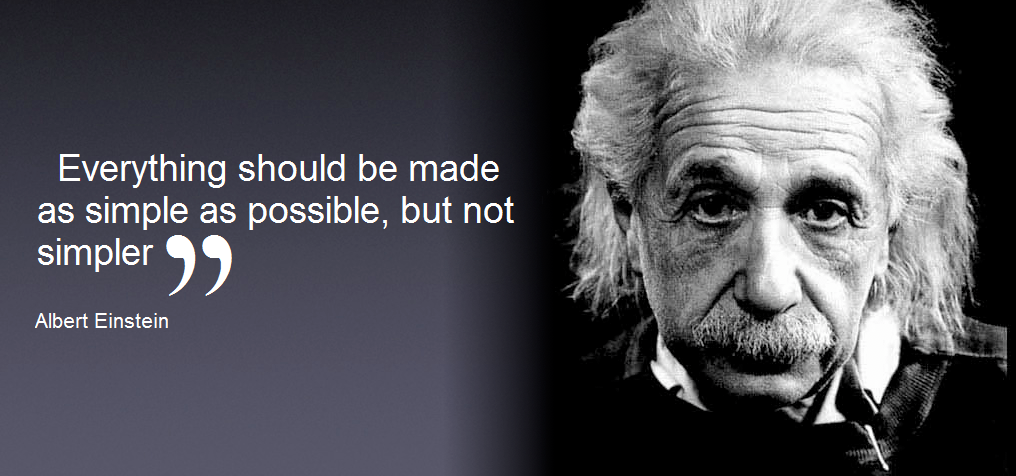Customers that get ‘easy to do business with’ types of experiences are significantly more likely to return than those that don’t. Sounds common sense doesn’t it and yet some businesses seems to go out of their way to do the opposite.
Looking back at the July results of the UK Customer Satisfaction Index, the 3 most popular adjectives used by customers to describe their experiences overall were “easy”, “friendly” and “helpful”. Businesses that deliver on this have, overall, higher levels of customer satisfaction, loyalty and recommendation which lead to higher sales and profitability.
This approach to ‘easy’ is being further developed by BT of all organisations and championed by Dr Nicola Millard who has the very funky job title of ‘futurologist’. She was interviewed in August by Adrian Swinscoe for his RARE business podcast which I’d recommend a listen if you get a chance.
The irony isn’t lost on BT though who, by their own admission are the first to admit that they’re not the easiest company to do business with.
In the interview, Nicola talks about having developed a concept called ‘customer easy’ which uses a ‘net easy score’ as a means of understanding how easy it is for customers to deal with BT in their consumer business.
This isn’t a new concept though, as the understanding that ease and (lack of) effort are important components of great customer experiences and both the thinking and research on this has been around for at least the last 4-5 years or so.
Whilst concepts are great, organisations need a pragmatic way to understand how well they’re applying the customer easy concept on a day to day basis. Hence the customer easy metric was born.
By her own claims, Nicola says they ‘highjacked’ the net promoter score to come up with the net easy metric but that’s not all they’ve done.
Rather than using the traditional ten point scale of 1-10, or 0-10 with net promoter, Nicola uses a simple 3 point scale of +1, 0 or -1.
This simplified scale could be viewed as heresy by some research or net promoter purists but it’s an interesting approach and creates very bi-polar results. Arguably though, it’s definitely simple to complete from the customer’s perspective.
“Anything that businesses use to better understand and improve the customer experience is a positive thing”
Customers score +1 for easy, -1 for difficult and 0 for neither, or for having no real opinion.
BT’s initial findings from their own data, correlate with the data from the UKCSI. Easy drives net promoter and customer loyalty scores and therefore recommendation, and customers who find it difficult to do business are more likely to defect.
BT look at ease by channel, so post versus phone versus web chat, with web chat coming out top.
They can also look at the impact of service design changes and see the result on customers by simplifying IVR routing for example. Something that BT have always seemed to have over complicated in the past so that’s welcome news to BT customers I would imagine.
Whether you like the net easy metric or not, or agree with the scale it uses, anything that businesses use to better understand and improve the customer experience is a positive thing and if that results in shorter IVRs then I’m all for that.


